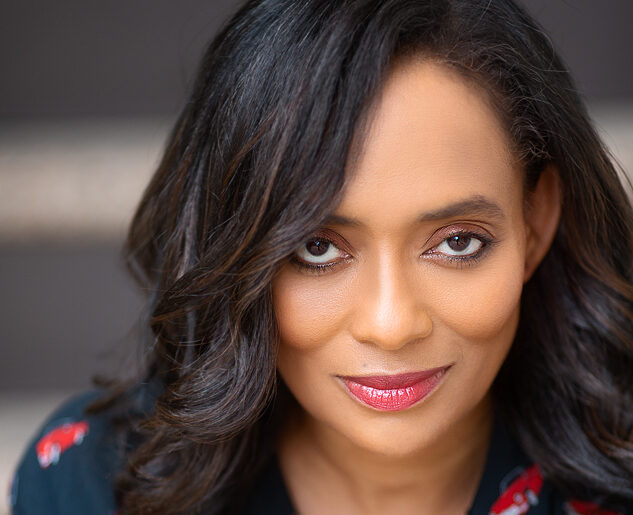Tamika Lamison remembers the uncertain times of growing up in the South during the 1970s. For families in Atlanta, the Atlanta Child Murders were a harrowing period.
In her coming-of-age film “Superman Doesn’t Steal,” Lamison explores that time period and how it shaped a community. She shared her story with ADW.
What inspired you to create this project?
“Superman Doesn’t Steal’ is a story that is taken from an incident between my brother and I when we were growing up in the South. And it was set during the ’70s, during the Atlanta Child Murders. Black families all over America were being terrorized. Even if you didn’t have to be in Atlanta, you we were just terrorized by the thought that Black children were being snatched and murdered. My brother and I were into comic books. He wanted to be Superman. He wanted to be Batman. And so he would take some chances and do some things that maybe he didn’t necessarily need to be doing. One summer he did something he shouldn’t have, and it really put himself and myself in jeopardy, and it traumatized our family. It really traumatized all of us, but we never really talked about it. But it was always a story I wanted to tell.
How has this film been received at different festivals?
It has been such a remarkable journey at every film festival. I love it when I’m in the audience and we get the call and response. Audiences are displaying real emotions while watching the film. We want people to be impacted. And then when they come up after and they talk about what went on in the film. And some people are remembering the time, and then there’s some poignant moments in the film where it shows different side of what we typically see from Black men in film.
You are creating more diverse opportunities for filmmakers. Can you get into that a bit?
Creating diverse opportunities is a default for me. It’s really important to have an inclusive and diverse set from the top all the way down. So I always look for any opportunities to do that, whether it’s my own personal films and also the nonprofit that I have called Make A Film Foundation. I think it has to be normalized to have inclusive and diverse sets. I’ve also created and helped to research and develop an internship program at the Academy of Motion Picture Arts and Sciences called the Academy Gold Program. And then I was hired by the Directors Guild of America and the AICP to create a diversity program called the Commercial Directors Diversity Program. And in that program, our mission is to help nurture and bring women and other historically underrepresented directors into the commercial industry. So those are just some of the things that I do to help create a more diverse and inclusive entertainment industry.

